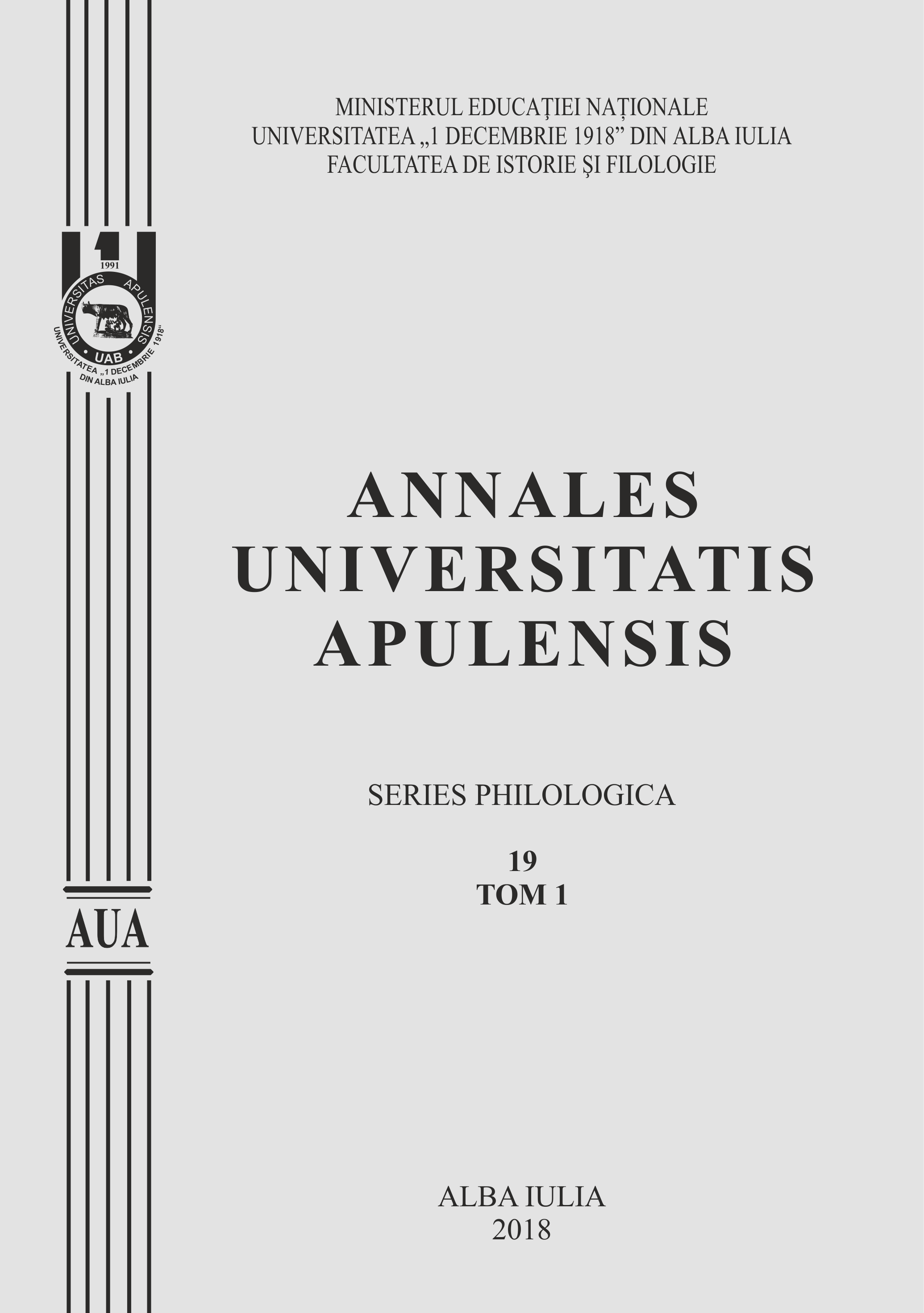LA CONSTRUCTION IDENTITAIRE DU NARRATEUR HOMODIÉGÉTIQUE CHEZ AL BERTO (1975-1979)
PORTRAYAL OF IDENTITY CRISIS IN THE FRANCOPHONE WRITINGS (1975-1979) OF AL BERTO
Author(s): Vlad DobroiuSubject(s): Language and Literature Studies, Studies of Literature, French Literature
Published by: Universitatea »1 Decembrie 1918« Alba Iulia
Keywords: identity; body; exile; Portuguese writer; French langue;
Summary/Abstract: In this paper we intend to analyze the identity crisis of the homodiegetic narrators belonging to three shorts stories written in French by the Portuguese writer Al Berto: Salive, hôtel de la gare, Le plus grand calligraphe and Le navigateur du soleil incandescent. When discussing the construction of the narrators’ identity in Al Berto’s francophone writings from ’75 to ’79, we will take into account the so called “general framework for reflection T.R.A.C.E” which was developed in 2005 by Alain Coïaniz. He created it in order to explain how people in general and francophone ones in particular consolidate their own identity in multilingual environments. According to Alain Coïaniz, one’s identity is directly influenced by five elements, namely “the territory” (which is determined by the social interactions that take place in a certain environment), “the references” (the cultural fulcrums), “the action” (or the behavior), “the conceptions” (the representations of reality) and “the energy” (the desire/ the need to be part of a group and, at the same time, to differentiate oneself from it). Some contemporary scholars (for instance MárioLugarinho) consider that these three short stories, as well as most of Al Berto’s fictional work published in the volume O Medo, are poetry. Nonetheless, taking into account the form and the content of these writings, as well as the relation between the narrator (the “poet”) and the story itself, we rather consider them to be prose written in a poetical language than poetry. In order to better understand the shift between the two cultures (Portuguese and Belgian) and the linguistic strategies used by the author to construct the identity of these three narrators, it seems important to understand the reasons why the author chose to live in exile in Belgium. Since his diaries start only from 1982, we will have to use biographies, archives from RTP, as well as various studies and testimonials regarding Al Berto’s life and works of art.
Journal: Annales Universitatis Apulensis. Series Philologica
- Issue Year: 19/2018
- Issue No: 1
- Page Range: 103-109
- Page Count: 5
- Language: French

